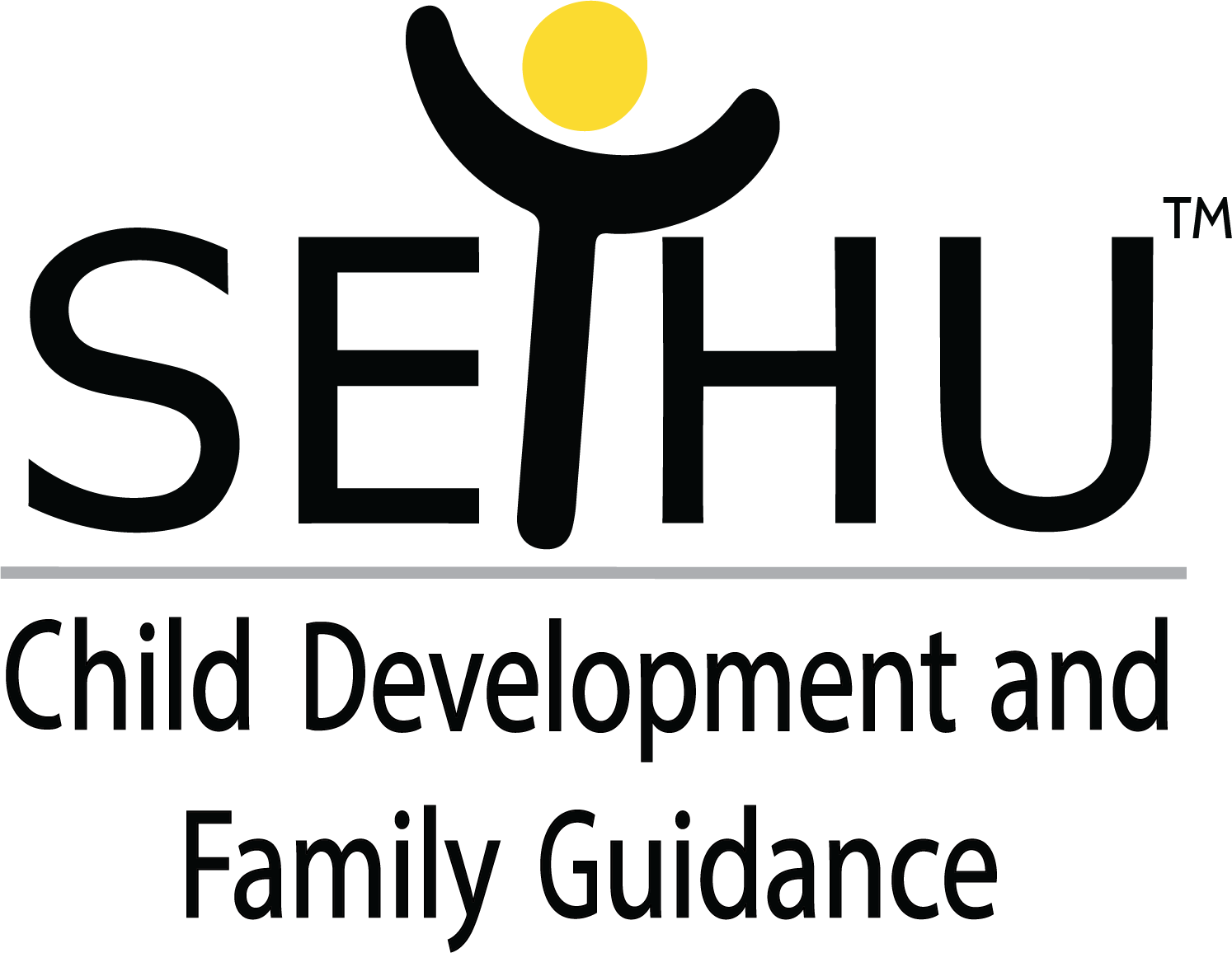By Dr Rucha J. Mehta
Every child is like a bud. In the right environment – with adequate water, sunshine and nutrients – it will bloom into a beautiful flower. If not, it withers away without achieving its prime. Similarly, children bloom to their wonderful potential in a caring, responsive environment. This is especially true for children with disabilities and developmental delays. They have unique strengths and needs, as do their families. With the right support, parents and caregivers can help disabled children thrive, especially in a society that is still learning to accept and include everyone.
Hailing from a small town on the west coast of India, I have witnessed that although families with disabled children are in every nook and corner of society, the scarcity of well-equipped, holistic healthcare facilities often leaves them to fend for themselves. The parents of a child with cerebral palsy may struggle to take them for physiotherapy 50 kilometres away every alternate day; those with an autistic child may have little choice but to send them to an anganwadi where they are not encouraged to participate; children with Attention Deficit Hyperactivity Disorder (ADHD) drop out because they get into frequent trouble, children with Down Syndrome cannot access speech therapy, adolescents and their parents facing stressful life scenarios cannot turn for support to a counsellor or psychologist –which is just the tip of the iceberg.
The Indian healthcare system is brimming with doctors eager to prescribe medicines. However, the dire need for disabled children is for transdisciplinary teams of professionals who can enable children and families to live well where they already do. Providing individualised attention, which is essential for disabled children, is impossible at government facilities overburdened with the patient load. Even if such facilities were made available by the private sector, it would require a child to live with a lifelong therapist, changing specialities every passing year, from paediatrician to physiotherapist to occupational and speech therapist to special educators to vocational trainers and psychologists as they grow. Such a therapist-centred care model is unrealistic and unsustainable.
The need of the hour is to empower society by bridging the social and healthcare gaps at various levels. At the most basic level, this would involve increasing screening for children at anganwadis to identify those who are disabled or vulnerable to develop disabilities and referring them promptly to the District Early Intervention Centres (DEICs). Transdisciplinary teams collaborating with families through a strength-based, neurodiversity-affirming, family-centred approach can help create a robust milieu that prioritises children’s developmental and behavioural well-being. This way of looking at the child beyond their diagnosis transforms perceived shortcomings into strengths. Facilities for online sessions can help cover children for whom getting around is a challenge, such as those with mobility challenges or in remote locations. Children can live their lives with their families and schools rather than with therapists, who will be present to partner and guide them at every stage of life before it even starts.

As a qualified paediatrician, the opportunity to pursue a fellowship in Developmental Paediatrics in Goa enables me to undergo advanced training and engage in specialised work in this field. Among the many things I am learning is that a paediatrician’s job may be done once a diagnosis is made and the family is guided on medical options. But for children and their families, this is where real life begins. A developmental pediatrician becomes a part of the multidisciplinary team with a family-centred approach which can empower them to achieve small as well as significant milestones – from supporting the child to say their first words or walk their first steps, to helping them perform at school, speak their mind, and grow into an independent adult and self-advocate. This is what Indian children deserve, and Indian healthcare demands.
————–
Author Bio: Dr Rucha J. Mehta is a paediatrician who qualified at Jamnagar, Gujarat. She is currently pursuing an Indian Association of Paediatrics (IAP) Fellowship in Developmental Paediatrics at Sethu Centre for Child Development and Family Guidance, Saligao.
